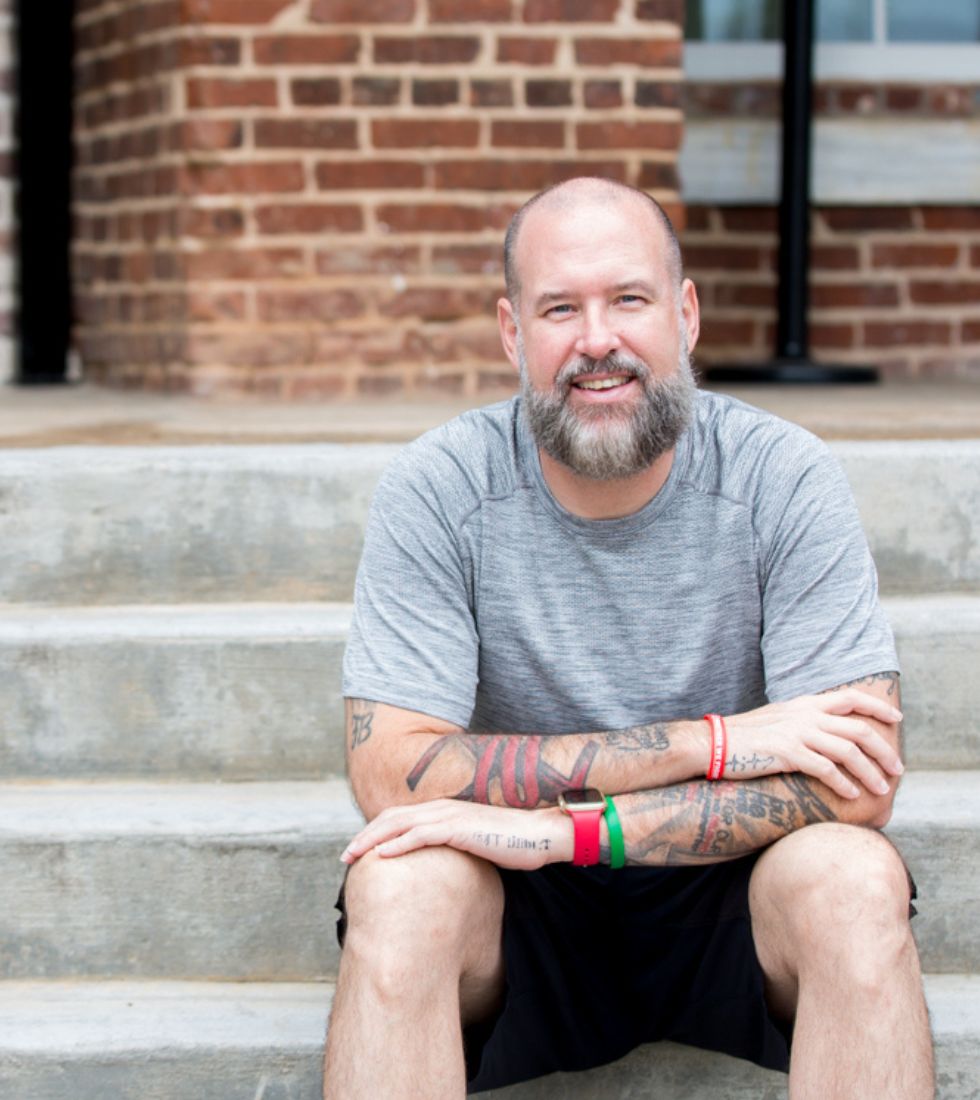Dysfunctional family dynamics can have a profound impact on an individual’s mental and emotional well-being. Understanding the signs and consequences of toxic family relationships is crucial for breaking free from unhealthy patterns and establishing healthy boundaries. In this post, we will explore the common characteristics of dysfunctional families and provide insights into how individuals can navigate through these challenges.
1. What are the signs of dysfunctional family dynamics?
Dysfunctional family dynamics can manifest in various ways, such as lack of communication, emotional manipulation, and unresolved conflicts. These signs may also include substance abuse, neglect, or physical and emotional abuse. Recognizing these signs is the first step towards addressing the underlying issues within the family unit.
2. How do dysfunctional relationships affect individuals?
Dysfunctional relationships within a family can have a detrimental impact on the individuals involved. This may lead to feelings of inadequacy, low self-esteem, and difficulties in forming healthy relationships outside the family. It can also result in mental health issues such as anxiety, depression, and post-traumatic stress disorder.
3. What are the common unhealthy family patterns?
Unhealthy family patterns often include codependency, enabling behaviors, and a lack of boundaries. These patterns can perpetuate a cycle of dysfunction and prevent individuals from establishing their own autonomy and independence. Understanding these patterns is crucial for breaking free from the cycle and creating healthier dynamics.
4. How can individuals navigate through toxic family dynamics?
Navigating through toxic family dynamics requires setting boundaries, seeking therapy or counseling, and establishing a support network outside the family. It also involves acknowledging the impact of the dysfunctional relationships and taking steps towards healing and personal growth.
5. What are the long-term consequences of growing up in a dysfunctional family?
The long-term consequences of growing up in a dysfunctional family can extend into adulthood, impacting an individual’s ability to form healthy relationships and maintain emotional stability. It may also lead to a perpetuation of unhealthy patterns in their own future relationships and family dynamics.
Conclusion
Recognizing and addressing dysfunctional family dynamics is essential for breaking free from unhealthy patterns and fostering personal growth. By understanding the signs, consequences, and patterns of dysfunctional relationships, individuals can take proactive steps towards creating a healthier and more fulfilling life beyond the toxic family dynamics. Seeking support, setting boundaries, and prioritizing self-care are crucial aspects of this transformative journey.
Additional Resources for Learning about Dysfunctional Family
For those seeking to understand and navigate the complexities of dysfunctional family dynamics, the following books offer invaluable insights, practical advice, and compassionate guidance:
- “Toxic Parents: Overcoming Their Hurtful Legacy and Reclaiming Your Life” by Susan Forward – This book provides strategies for recognizing and healing from the damaging effects of toxic parents, offering a powerful blend of case studies and therapeutic insights.
- “Running on Empty: Overcome Your Childhood Emotional Neglect” by Jonice Webb – Webb’s work focuses on the concept of emotional neglect and its long-lasting impact. It offers a guide for readers to identify, understand, and heal from the effects of being raised in a family that failed to address emotional needs.
- “The Drama of the Gifted Child: The Search for the True Self” by Alice Miller – Miller explores the struggles of those who have been “gifted” with the ability to sense and respond to the needs of their parents at the expense of their own needs. The book is a classic in understanding the impact of childhood experiences on adult life.
- “Boundaries: When to Say Yes, How to Say No To Take Control of Your Life” by Henry Cloud and John Townsend – This book offers insightful advice on setting healthy boundaries with family, friends, and in professional relationships. It’s particularly useful for those who grew up in environments where boundaries were not respected.
- “Adult Children of Emotionally Immature Parents: How to Heal from Distant, Rejecting, or Self-Involved Parents” by Lindsay C. Gibson – Gibson provides strategies for understanding and healing from the wounds inflicted by emotionally immature parents. It offers guidance on how to build self-awareness, foster healthy relationships, and protect oneself from harm.
These books not only shed light on the dynamics of dysfunctional families but also offer paths toward healing and personal growth. They are recommended for anyone looking to break free from the cycle of dysfunction and cultivate a healthier, more fulfilling life.
What Others Are Asking
Q1: What are the signs of dysfunctional family dynamics?
A: Signs of dysfunctional family dynamics include poor communication, emotional manipulation, unresolved conflicts, substance abuse, neglect, and physical or emotional abuse. These patterns significantly impact the well-being of family members, often leading to a toxic home environment.
Q2: How do dysfunctional relationships within a family affect individuals?
A: Individuals in dysfunctional relationships may experience feelings of inadequacy, low self-esteem, and difficulties in forming healthy relationships outside the family. It can also lead to mental health issues such as anxiety, depression, and post-traumatic stress disorder (PTSD), affecting their overall quality of life.
Q3: What are common unhealthy family patterns?
A: Common unhealthy family patterns include codependency, enabling behaviors, and a lack of boundaries. These patterns create a cycle of dysfunction, making it challenging for individuals to establish autonomy and independence, and perpetuate unhealthy dynamics across generations.
Q4: How can individuals navigate through toxic family dynamics?
A: Navigating through toxic family dynamics involves setting boundaries, seeking therapy or counseling, and establishing a support network outside the family. Acknowledging the impact of dysfunctional relationships and taking steps towards healing and personal growth are crucial in overcoming these challenges.
Q5: What are the long-term consequences of growing up in a dysfunctional family?
A: Growing up in a dysfunctional family can have long-term consequences that extend into adulthood, such as difficulties in forming healthy relationships, maintaining emotional stability, and a risk of perpetuating unhealthy patterns in future relationships and family dynamics. It underscores the importance of addressing these issues to break the cycle of dysfunction.

Somatic coach (therapist) in Canton, GA, and Worldwide Life Coach dedicated to inspiring and assisting people worldwide through candid conversations about anxiety. Having personally battled general anxiety, panic disorder, and OCD, I understand the daily challenges those grappling with anxiety face. My journey involved searching for the right therapist, medication, and natural supplements and undergoing various tests. It was only after deciding to reclaim my life that I finally overcame anxiety’s hold. I’m passionate about helping others conquer their struggles and discover their life purpose.

